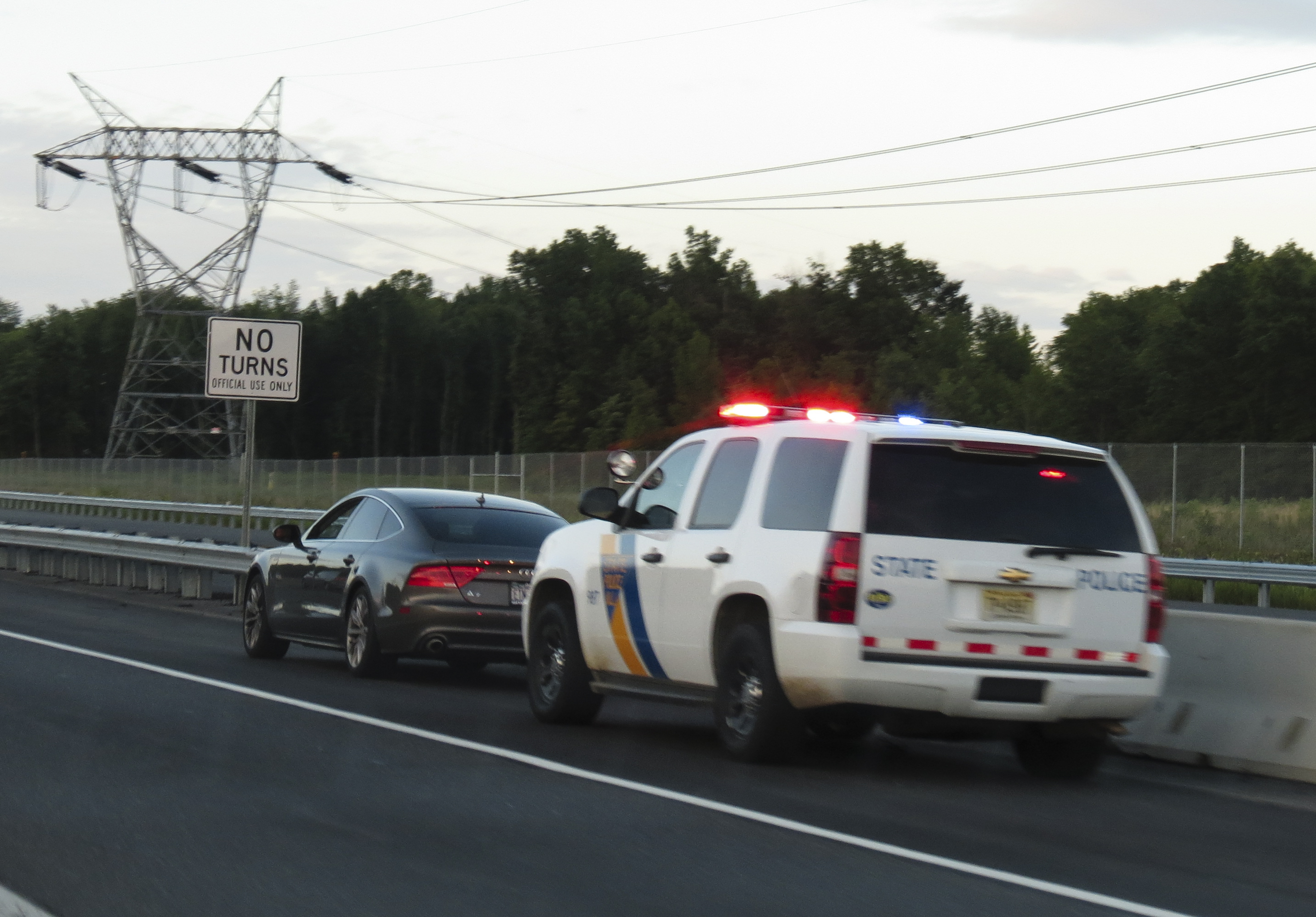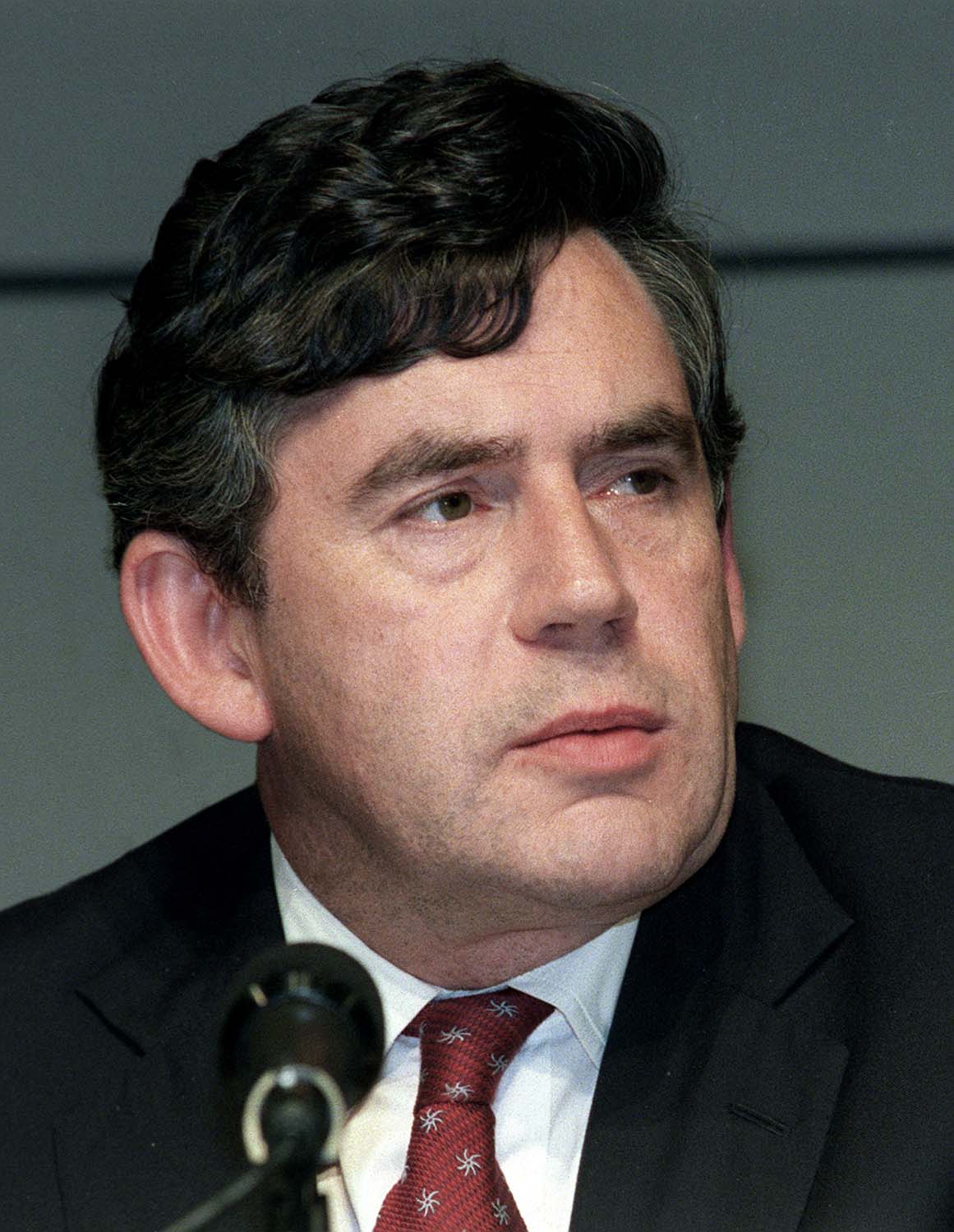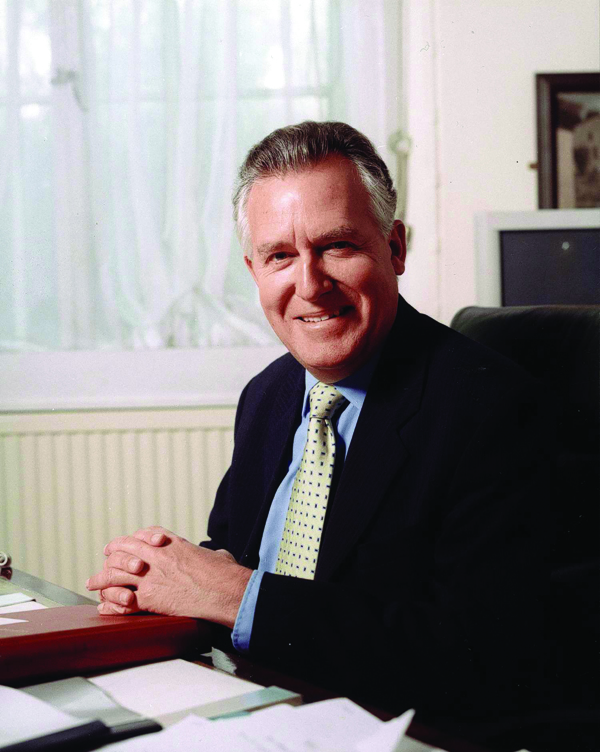|
Sus Law
In England and Wales, the sus law (from "suspected person") was a stop and search law that permitted a police officer to stop, search and potentially arrest people on suspicion of them being in breach of section 4 of the Vagrancy Act 1824. According to a 2018 study in the '' British Journal of Criminology'', stop and search had a marginal impact on crime in the UK. 1824 legislation The power to act on suspicion was found in part of section 4 of the Vagrancy Act 1824, which provided that: and upon conviction may be imprisoned for up to three months. This effectively permitted the police to stop and search, and even arrest, anyone found in a public place if they suspected that they intended to commit an offence. In order to bring a prosecution under the act, the police had to prove that the defendant had committed two acts: * the first, that established them as a "suspected person" (by acting suspiciously), and * the second, that provided intent to commit an arrestable offence ... [...More Info...] [...Related Items...] OR: [Wikipedia] [Google] [Baidu] |
England And Wales
England and Wales () is one of the three legal jurisdictions of the United Kingdom. It covers the constituent countries England and Wales and was formed by the Laws in Wales Acts 1535 and 1542. The substantive law of the jurisdiction is English law. The devolved Senedd (Welsh Parliament; cy, Senedd Cymru) – previously named the National Assembly of Wales – was created in 1999 by the Parliament of the United Kingdom under the Government of Wales Act 1998 and provides a degree of self-government in Wales. The powers of the Parliament were expanded by the Government of Wales Act 2006, which allows it to pass its own laws, and the Act also formally separated the Welsh Government from the Senedd. There is no equivalent body for England, which is directly governed by the parliament and government of the United Kingdom. History of jurisdiction During the Roman occupation of Britain, the area of present-day England and Wales was administered as a single unit, except f ... [...More Info...] [...Related Items...] OR: [Wikipedia] [Google] [Baidu] |
Metropolitan Police Commissioner
The Commissioner of Police of the Metropolis is the head of London's Metropolitan Police Service. Sir Mark Rowley was appointed to the post on 8 July 2022 after Dame Cressida Dick announced her resignation in February. The rank of Commissioner of the Metropolitan Police is regarded as the highest in United Kingdom policing, although the incumbent's authority is generally confined to the Metropolitan Police Service's area of operation: the Metropolitan Police District. However, unlike other territorial police forces, the Metropolitan Police has certain national responsibilities such as leading counter-terrorism policing and the protection of the Royal Family and senior members of His Majesty's Government. Furthermore, the Commissioner is directly accountable to the Home Secretary, the Mayor's Office for Policing and Crime, and the Mayor of London, and must answer to Londoners and the public nationally. By contrast, all other UK forces (except the City of London Police) are ... [...More Info...] [...Related Items...] OR: [Wikipedia] [Google] [Baidu] |
Law Enforcement In The United Kingdom
Law enforcement in the United Kingdom is organised separately in each of the legal systems of the United Kingdom: England and Wales, Northern Ireland and Scotland. Most law enforcement is carried out by police officers serving in regional police services (known as territorial police forces) within one of those jurisdictions. These regional services are complemented by UK-wide agencies, such as the National Crime Agency and the national specialist units of certain territorial police forces, such as the Specialist Operations directorate of the Metropolitan Police. Police officers are granted certain powers to enable them to execute their duties. Their primary duties are the protection of life and property, preservation of the peace, and prevention and detection of criminal offences. In the British model of policing, officers exercise their powers to police with the implicit consent of the public. "Policing by consent" is the phrase used to describe this. It expresses that the le ... [...More Info...] [...Related Items...] OR: [Wikipedia] [Google] [Baidu] |
Terry Stop
A ''Terry'' stop in the United States allows the police to briefly detain a person based on reasonable suspicion of involvement in criminal activity. ("In ''Terry v. Ohio'', 392 U. S. 1, 30 (1968), we held that the police can stop and briefly detain a person for investigative purposes if the officer has a reasonable suspicion supported by articulable facts that criminal activity "may be afoot," even if the officer lacks probable cause.") Reasonable suspicion is a lower standard than probable cause which is needed for arrest. When police stop and search a pedestrian, this is commonly known as a stop and frisk. When police stop an automobile, this is known as a traffic stop. If the police stop a motor vehicle on minor infringements in order to investigate other suspected criminal activity, this is known as a pretextual stop. Additional rules apply to stops that occur on a bus. In the United States at the federal level, the Supreme Court has published many cases that define the inte ... [...More Info...] [...Related Items...] OR: [Wikipedia] [Google] [Baidu] |
Carding (police Policy)
In Canada, carding, officially known in Ontario as the Community Contacts Policy, is an intelligence gathering policy involving the stopping, questioning, and documenting of individuals when no particular offence is being investigated. The interactions take place in public, private or any place police have contact with the public. The information collected is kept on record in the Field Information Report (FIR) database. FIRs include details including the individuals' gender, race, the reason for the interaction, location, and the names of any associates, to build a database for unspecified future use. Officially, individuals are not legally detained, but this distinction is not clear. Carding programs have been shown to consume a considerable amount of police resources, with little to no verifiable results on the level of crime. Carding is also known to contribute to a disproportionate amount of black and Indigenous people being recorded in law enforcement databases. Consequenc ... [...More Info...] [...Related Items...] OR: [Wikipedia] [Google] [Baidu] |
Gordon Brown
James Gordon Brown (born 20 February 1951) is a British former politician who served as Prime Minister of the United Kingdom and Leader of the Labour Party (UK), Leader of the Labour Party from 2007 to 2010. He previously served as Chancellor of the Exchequer in Tony Blair's Premiership of Tony Blair, government from 1997 to 2007, and was a Member of Parliament (United Kingdom), Member of Parliament (MP) from 1983 to 2015, first for Dunfermline East (UK Parliament constituency), Dunfermline East and later for Kirkcaldy and Cowdenbeath (UK Parliament constituency), Kirkcaldy and Cowdenbeath. He is the most recent Labour politician as well as the most recent Scottish politician to hold the office of prime minister. A Doctor of Philosophy, doctoral graduate, Brown studied history at the University of Edinburgh, where he was elected Rector of the University of Edinburgh, Rector in 1972. He spent his early career working as both a lecturer at a further education college and a t ... [...More Info...] [...Related Items...] OR: [Wikipedia] [Google] [Baidu] |
Conservative Party (UK)
The Conservative Party, officially the Conservative and Unionist Party and also known colloquially as the Tories, is one of the Two-party system, two main political parties in the United Kingdom, along with the Labour Party (UK), Labour Party. It is the current Government of the United Kingdom, governing party, having won the 2019 United Kingdom general election, 2019 general election. It has been the primary governing party in Britain since 2010. The party is on the Centre-right politics, centre-right of the political spectrum, and encompasses various ideological #Party factions, factions including One-nation conservatism, one-nation conservatives, Thatcherism, Thatcherites, and traditionalist conservatism, traditionalist conservatives. The party currently has 356 Member of Parliament (United Kingdom), Members of Parliament, 264 members of the House of Lords, 9 members of the London Assembly, 31 members of the Scottish Parliament, 16 members of the Senedd, Welsh Parliament, 2 D ... [...More Info...] [...Related Items...] OR: [Wikipedia] [Google] [Baidu] |
David Cameron
David William Donald Cameron (born 9 October 1966) is a British former politician who served as Prime Minister of the United Kingdom from 2010 to 2016 and Leader of the Conservative Party from 2005 to 2016. He previously served as Leader of the Opposition from 2005 to 2010, and was Member of Parliament (MP) for Witney from 2001 to 2016. He identifies as a one-nation conservative, and has been associated with both economically liberal and socially liberal policies. Born in London to an upper-middle-class family, Cameron was educated at Heatherdown School, Eton College, and Brasenose College, Oxford. From 1988 to 1993 he worked at the Conservative Research Department, latterly assisting the Conservative Prime Minister John Major, before leaving politics to work for Carlton Communications in 1994. Becoming an MP in 2001, he served in the opposition shadow cabinet under Conservative leader Michael Howard, and succeeded Howard in 2005. Cameron sought to rebrand the Conservat ... [...More Info...] [...Related Items...] OR: [Wikipedia] [Google] [Baidu] |
Peter Hain
Peter Gerald Hain, Baron Hain (born 16 February 1950), is a British politician who served as Secretary of State for Northern Ireland from 2005 to 2007, Secretary of State for Work and Pensions from 2007 to 2008 and twice as Secretary of State for Wales from 2002 to 2008 and from 2009 to 2010. A member of the Labour Party, he was Member of Parliament (MP) for Neath between 1991 and 2015. Born in Kenya Colony to South African parents, Hain came to the United Kingdom from South Africa as a teenager and was a noted anti-fascist and anti-apartheid campaigner in the 1970s, and was convicted of criminal conspiracy for leading direct action events. Elected to Parliament at a 1991 by-election, he initially served in Tony Blair's government as a junior minister in the Wales Office, Foreign Office and Department of Trade and Industry. Promoted to the Cabinet as Welsh Secretary in 2002, he served concurrently as Leader of the House of Commons from 2003 to 2005 and Northern Ireland Sec ... [...More Info...] [...Related Items...] OR: [Wikipedia] [Google] [Baidu] |
United Kingdom
The United Kingdom of Great Britain and Northern Ireland, commonly known as the United Kingdom (UK) or Britain, is a country in Europe, off the north-western coast of the continental mainland. It comprises England, Scotland, Wales and Northern Ireland. The United Kingdom includes the island of Great Britain, the north-eastern part of the island of Ireland, and many smaller islands within the British Isles. Northern Ireland shares a land border with the Republic of Ireland; otherwise, the United Kingdom is surrounded by the Atlantic Ocean, the North Sea, the English Channel, the Celtic Sea and the Irish Sea. The total area of the United Kingdom is , with an estimated 2020 population of more than 67 million people. The United Kingdom has evolved from a series of annexations, unions and separations of constituent countries over several hundred years. The Treaty of Union between the Kingdom of England (which included Wales, annexed in 1542) and the Kingdom of Scotland in 170 ... [...More Info...] [...Related Items...] OR: [Wikipedia] [Google] [Baidu] |
Criminal Attempts Act 1981
The Criminal Attempts Act 1981 (c 47) is an Act of the Parliament of the United Kingdom. It applies to England and Wales and creates criminal offences pertaining to attempting to commit crimes. It abolished the common law offence of attempt. Provisions Attempting to commit an offence Section 1(1) of the Act creates the offence of ''attempt'': Section 1 applies to any indictable offence triable in England and Wales, except conspiracy, aiding and abetting, and offences under sections 4 and 5 of the Criminal Law Act 1967 (which deal with assisting offenders and concealing information about crimes). Section 1(2) reads: Section 1(3) states that a person is to be judged according to what the defendant thought the facts of the case were at the time of the attempt, rather than what the facts really were, in the event that the defendant was mistaken about what was happening. Section 2 states that rules regarding time limits for prosecuting, powers of arrest and search, and so on, ... [...More Info...] [...Related Items...] OR: [Wikipedia] [Google] [Baidu] |
House Of Commons (United Kingdom)
The House of Commons is the lower house of the Parliament of the United Kingdom. Like the upper house, the House of Lords, it meets in the Palace of Westminster in London, England. The House of Commons is an elected body consisting of 650 members known as members of Parliament (MPs). MPs are elected to represent constituencies by the first-past-the-post system and hold their seats until Parliament is dissolved. The House of Commons of England started to evolve in the 13th and 14th centuries. In 1707 it became the House of Commons of Great Britain after the political union with Scotland, and from 1800 it also became the House of Commons for Ireland after the political union of Great Britain and Ireland. In 1922, the body became the House of Commons of the United Kingdom of Great Britain and Northern Ireland after the independence of the Irish Free State. Under the Parliament Acts 1911 and 1949, the Lords' power to reject legislation was reduced to a delaying power. The gov ... [...More Info...] [...Related Items...] OR: [Wikipedia] [Google] [Baidu] |






